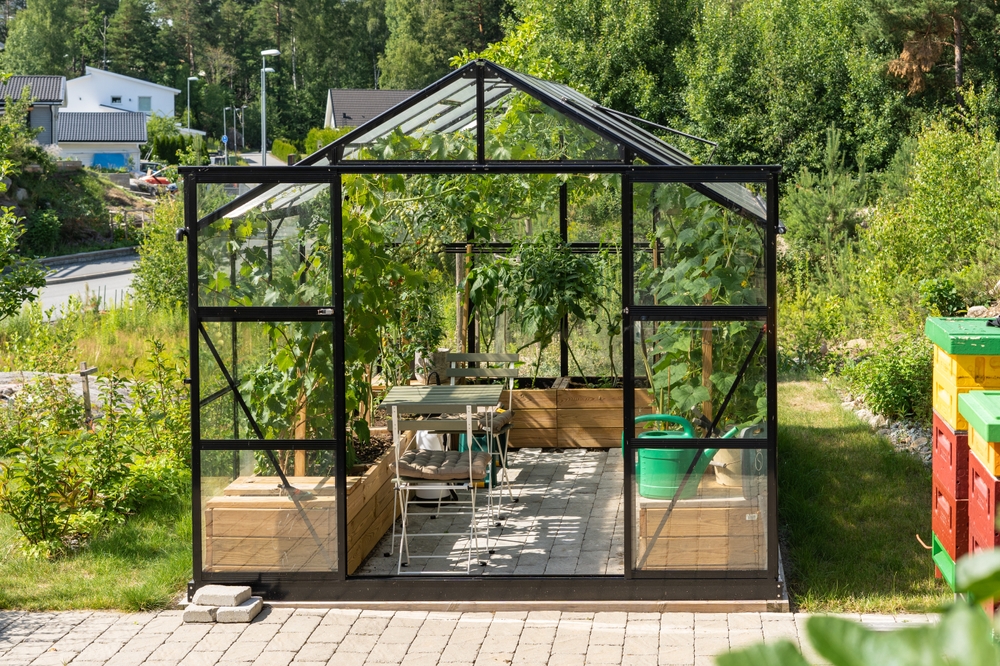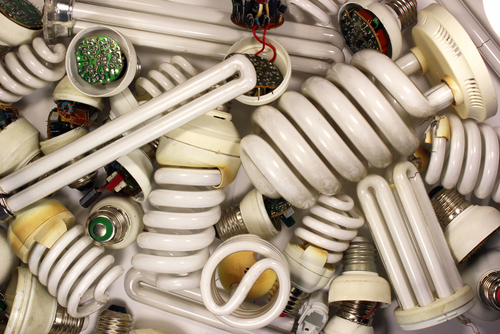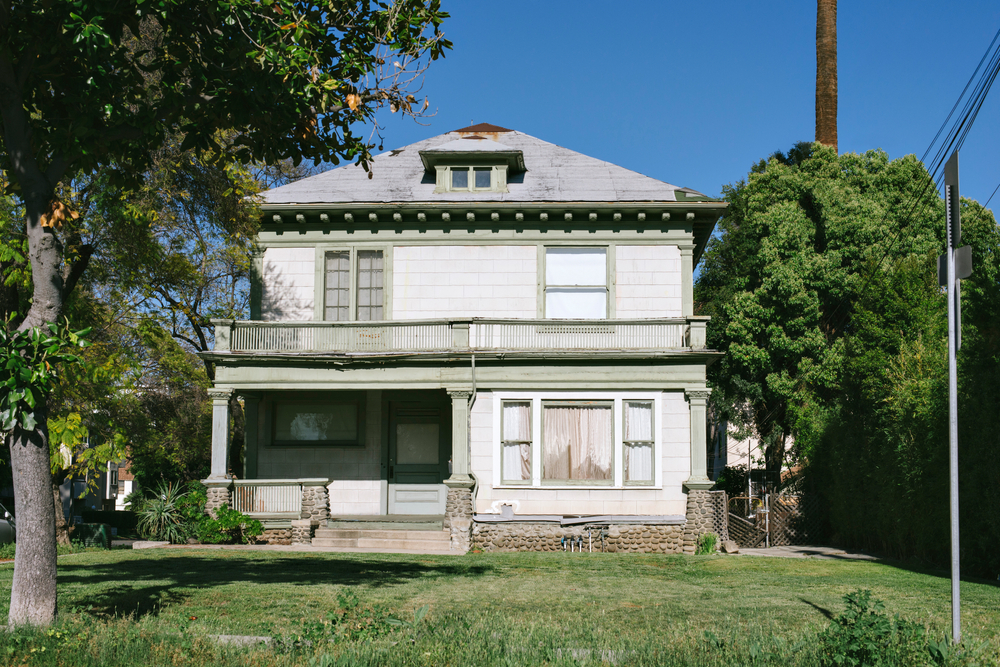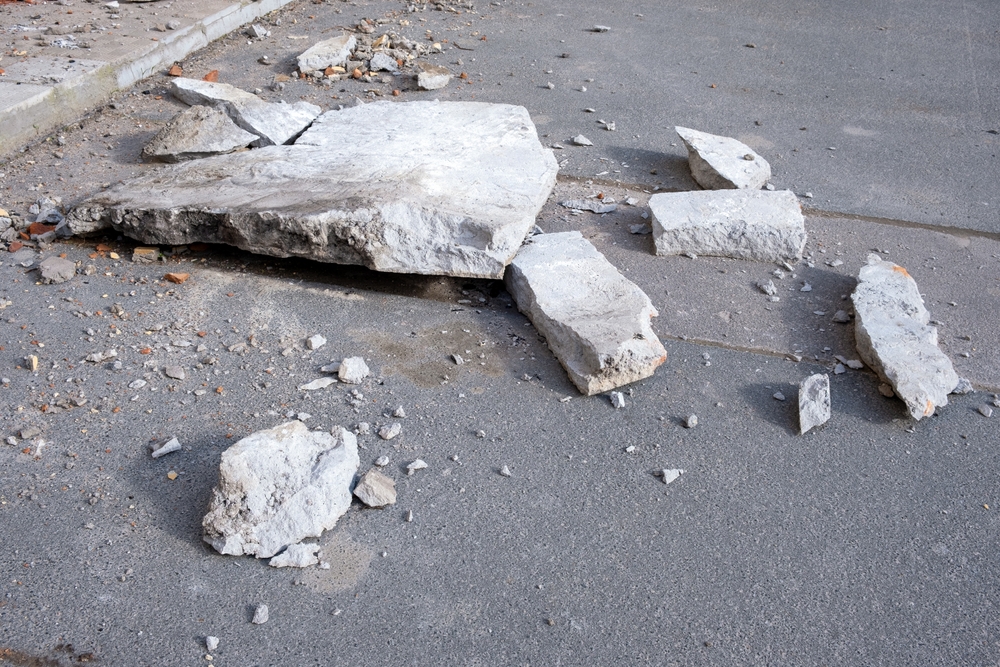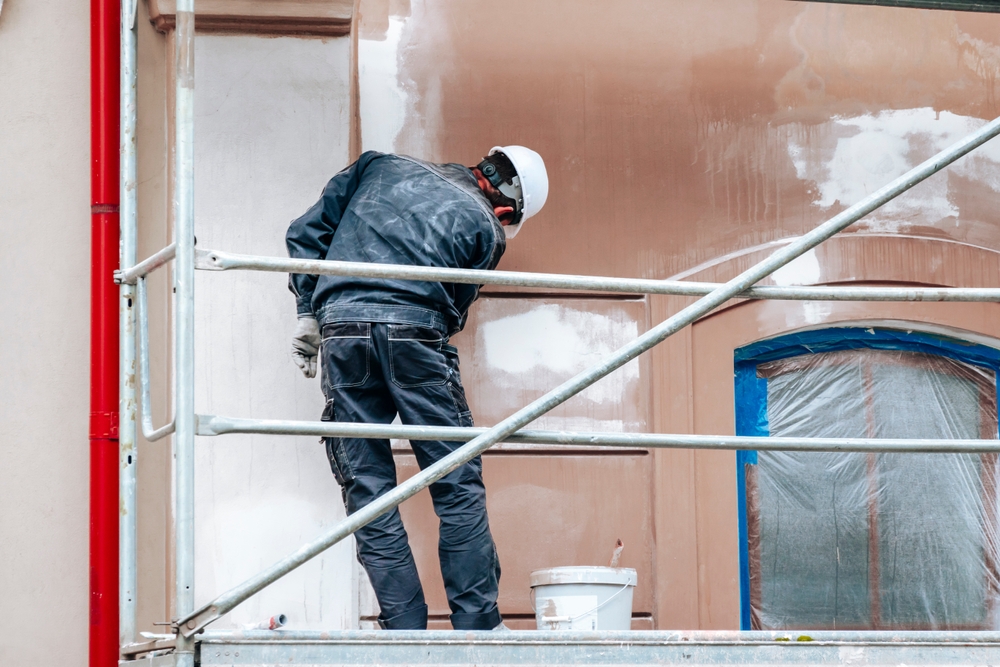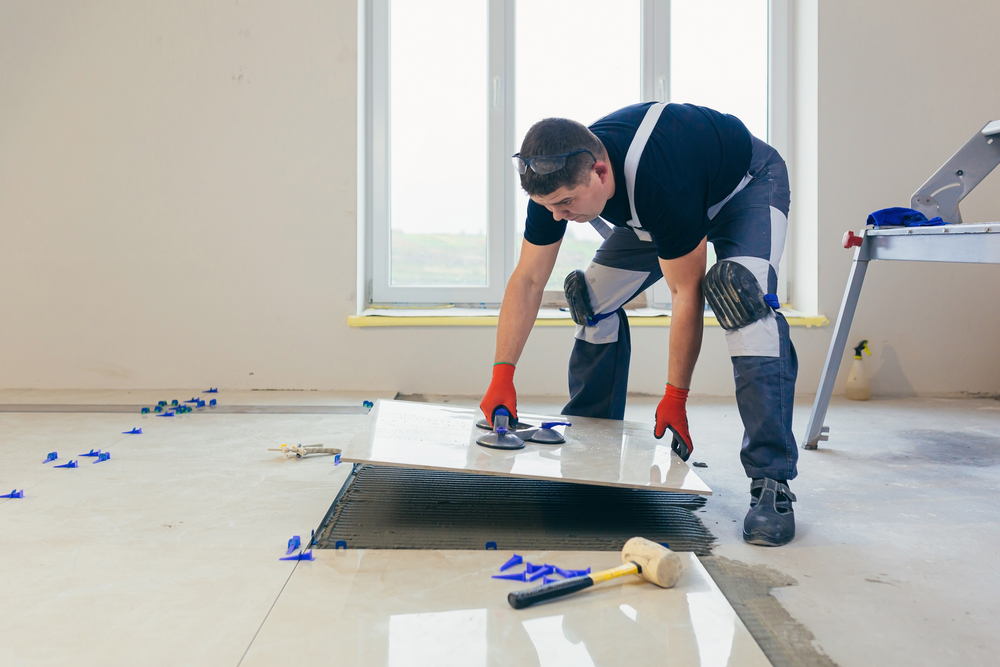May 7, 2024 - Benjamin Ehinger
Light Bulb Disposal: A Guide to Responsible Recycling Practices
CALL NOW 844-762-8449
Disposing of light bulbs is not as simple as tossing them into your trash can. Different types of bulbs require different disposal methods to ensure you’re not harming the environment or putting human health at risk. Incandescent and LED bulbs can often be disposed of with regular waste, but fluorescent bulbs, CFLs, and any bulb containing mercury must be treated with special care due to the toxic substances they contain.
Knowing how to properly recycle and dispose of light bulbs is essential. Many communities provide recycling programs specifically for hazardous waste, which include mercury-containing bulbs. Additionally, some home improvement stores offer recycling services for these items. By following the correct practices for disposal and recycling, not only do you comply with local regulations, but you also contribute to the conservation of resources and the well-being of the environment.
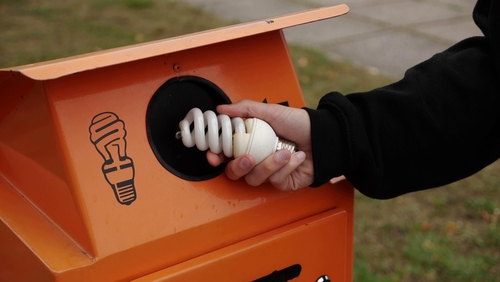 When disposing of light bulbs, it’s crucial to adhere to specific guidelines that protect both environmental and public health. The Environmental Protection Agency (EPA) sets federal guidelines, but you should also be aware of state-specific protocols that may impose stricter requirements, especially if you are in states like California, Maine, Massachusetts, New Hampshire, Vermont, Minnesota, or Washington.
When disposing of light bulbs, it’s crucial to adhere to specific guidelines that protect both environmental and public health. The Environmental Protection Agency (EPA) sets federal guidelines, but you should also be aware of state-specific protocols that may impose stricter requirements, especially if you are in states like California, Maine, Massachusetts, New Hampshire, Vermont, Minnesota, or Washington.
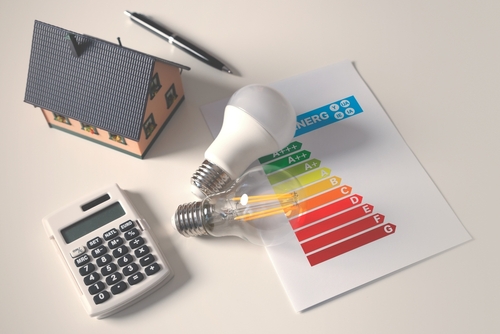 When you switch to eco-friendly lighting options, you not only reduce waste but also embrace technologies that can enhance your home’s energy efficiency and reduce your carbon footprint.
When you switch to eco-friendly lighting options, you not only reduce waste but also embrace technologies that can enhance your home’s energy efficiency and reduce your carbon footprint.
By using these services, you not only contribute to the safe disposal of potentially harmful materials but also support environmental sustainability efforts led by these stores. Remember that proper bulb disposal is one small, yet significant, step in maintaining the well-being of your community.
Key Takeaways
- Certain light bulbs require special disposal to protect the environment.
- Recycling programs and home improvement stores can assist in proper bulb disposal.
- Correct disposal methods help conserve resources and ensure environmental safety.
Types of Light Bulbs
When it comes to disposing of light bulbs, it’s important to know the different types available in the market, as each has specific disposal guidelines you should follow.Incandescent Light Bulbs
Incandescent light bulbs are the traditional type of lighting that has been widely used for over a century. They have a simple design with a filament that glows when electricity is applied, producing light. These bulbs are not as energy-efficient as other types on the market and are being phased out in many places. However, if you have incandescent bulbs, they can often be disposed of with regular trash since they don’t contain hazardous materials.Compact Fluorescent Lights (CFLs)
CFL bulbs are more energy-efficient than incandescent bulbs and use a different technology involving a gas-filled tube that emits ultraviolet light when electrified, thus illuminating a phosphor coating inside the bulb. These bulbs contain a small amount of mercury, making them a hazardous waste item. You must follow safe disposal practices, which typically include recycling or taking them to a hazardous waste facility.Light Emitting Diodes (LEDs)
LED bulbs are the newest and one of the most energy-efficient lighting options. They function using semiconductors that emit light when an electrical current passes through them. LEDs do not contain hazardous materials and are exceptionally long-lasting, but they still should be disposed of properly, often through an electronics recycling program, to reclaim any valuable materials and prevent electronic waste.Halogen Bulbs
Halogen bulbs are a type of incandescent lighting but are more efficient and produce a brighter, whiter light. They work by passing electricity through a tungsten filament, which is enclosed in a small compact tube filled with halogen gas. Like incandescent bulbs, halogen bulbs do not typically contain hazardous materials and can often be disposed of with household waste, but check with your local waste guidelines to be sure.Hazards of Improper Disposal
When you dispose of light bulbs incorrectly, you contribute to potential dangers associated with toxic chemicals and environmental risks. It’s important for your safety and the well-being of the ecosystem to understand these hazards.Toxic Chemicals and Heavy Metals
Certain types of light bulbs, especially compact fluorescent lamps (CFLs), contain mercury, a hazardous substance. If you throw these in your household trash, they may break and release mercury vapor, which is toxic to both humans and animals. Landfills are not equipped to handle such hazardous waste, and mercury can leach into the groundwater, posing serious health risks. LED bulbs, while not containing mercury, can have other heavy metals like lead, which also must not reach landfills for similar reasons.Environmental Risks
Improper disposal of light bulbs doesn’t just affect soil and water quality; it also contributes to broader environmental risks. Broken bulbs in landfills can expose glass and other materials, creating physical hazards. Recycling centers are better equipped to handle and repurpose the components of light bulbs, thus preventing the release of toxins into ecosystems and reducing the need for new resource extraction. By ensuring you take your used bulbs to a proper recycling center, you are actively reducing environmental damage.Recycling and Disposal Guidelines
 When disposing of light bulbs, it’s crucial to adhere to specific guidelines that protect both environmental and public health. The Environmental Protection Agency (EPA) sets federal guidelines, but you should also be aware of state-specific protocols that may impose stricter requirements, especially if you are in states like California, Maine, Massachusetts, New Hampshire, Vermont, Minnesota, or Washington.
When disposing of light bulbs, it’s crucial to adhere to specific guidelines that protect both environmental and public health. The Environmental Protection Agency (EPA) sets federal guidelines, but you should also be aware of state-specific protocols that may impose stricter requirements, especially if you are in states like California, Maine, Massachusetts, New Hampshire, Vermont, Minnesota, or Washington.
EPA Regulations
The EPA recommends recycling for light bulbs that contain mercury, such as CFLs (compact fluorescent lamps). For your curbside recycling program, check whether it accepts such bulbs; not all programs do. If recycling options are not available, you must ensure proper disposal to prevent mercury from polluting the environment. The EPA provides a detailed overview of how you can recycle these bulbs responsibly.State-Specific Protocols
Many states go beyond federal regulations:- California: Mandates recycling for all mercury-containing bulbs.
- Maine, Massachusetts, New Hampshire, Vermont: Have implemented product stewardship programs that make manufacturers responsible for the disposal of mercury-containing bulbs.
- Minnesota: Requires recycling for all fluorescent bulbs statewide.
- Washington: Has specific guidelines for managing end-of-life light bulbs, promoting recycling where possible.
Safe Disposal Practices
Proper disposal of light bulbs protects both the environment and public health. For intact bulbs and those that are broken, different approaches are warranted to ensure safety and responsibility.Handling Broken Bulbs
When you’re dealing with broken bulbs, especially broken CFL bulbs, your main concern should be safety. First and foremost, avoid direct contact with any broken glass to prevent injury. If a bulb breaks:- Clear the area: Ensure people and pets are out of the way.
- Shut off power: This prevents any risk of electric shock.
- Ventilate: Open windows to disperse any harmful fumes, particularly with CFL bulbs that contain a small amount of mercury.
- Pick up large pieces: Use gloves and carefully place them into a sturdy container.
- For tinier glass shards and powder, gently use a piece of stiff paper or cardboard to scoop them up.
Recycling Intact Bulbs
If your light bulbs are intact and simply burnt out, recycling is often the best option, particularly for LED bulbs, which are considered electronic waste. Recycling these items can often be done through local retail stores or special recycling events. Some tips for recycling intact bulbs include:- Prepare for transport: For fragile bulbs, wrap each bulb individually in newspaper to prevent breakage.
- Find a recycling facility: Many areas have local recycling programs for light bulbs, as they should not go into regular trash. Check with local waste management or visit Earth911 to find your nearest recycling options.
- Use a government or recycle facility locator to find your nearest bulb recycling center.
Recycling Resources
Effective recycling of light bulbs not only decreases harmful waste in the environment but also conserves resources required for new bulb manufacturing. As you navigate the proper disposal of light bulbs, two pivotal options are available to you: local retailers and drop-off points, and mail-back services. These resources ensure that the hazardous materials within certain bulbs, such as mercury, do not contaminate landfills and groundwater.Local Retailers and Drop-off Points
Many local retailers offer drop-off recycling points for light bulbs. National chains like The Home Depot, IKEA, and Lowe’s have programs in place to take back spent bulbs for recycling. You can visit these stores at your convenience to dispose of your old bulbs responsibly.- Home Depot – Drop off CFLs and other types of light bulbs at their customer service desks.
- IKEA – Recycles CFLs as well as batteries and cardboard.
- Lowe’s – If you have LED bulbs, CFLs, or fluorescent tubes, you can find a recycling bin at the store entrance.
Mail-back Services and Recycling Programs
If drop-off locations are not accessible or convenient for you, mail-back services provide an excellent alternative. Services such as BulbCycle and LampMaster facilitate the recycling of light bulbs via mail. These programs generally require you to purchase a kit or container in which you’ll place your old bulbs and then mail them back to the company for recycling.- BulbCycle – Offers a variety of recycling kits for different bulb sizes and quantities.
- LampMaster – Provides a straightforward, one-time use recycling kit that can be delivered to your doorstep.
Eco-friendly Alternatives
 When you switch to eco-friendly lighting options, you not only reduce waste but also embrace technologies that can enhance your home’s energy efficiency and reduce your carbon footprint.
When you switch to eco-friendly lighting options, you not only reduce waste but also embrace technologies that can enhance your home’s energy efficiency and reduce your carbon footprint.
Permanent Fixtures
Instead of traditional light sources, consider installing permanent LED fixtures in your home. LED bulbs are a top choice due to their long lifespan—they can last up to 50,000 hours and are highly energy efficient. Unlike fluorescent tubes, LED options don’t contain mercury, which makes them safer for the environment when it’s time to be recycled or upcycled.Smart Bulbs
Smart light bulbs are an innovative solution that gives you control over energy usage with features like dimming and scheduling. These bulbs connect to your home Wi-Fi, allowing you to switch them off remotely and therefore conserve energy. Most smart bulbs use LED technology, which means they’re recyclable and have a significantly longer life than traditional bulbs. Audit your lighting habits and replace incandescent bulbs with smart LED options to ensure both efficiency and convenience.Home Improvement Stores Involvement
Several home improvement stores offer recycling programs that can assist you in disposing of your used light bulbs properly. This helps ensure that hazardous substances, such as the mercury found in CFL bulbs, do not leach into the environment. Home Depot, one of the largest home improvement retailers, provides a light bulb recycling service that allows you to bring in your used bulbs for proper disposal. Here are the types of bulbs you can bring to Home Depot for recycling:- CFLs
- LEDs
- Incandescent bulbs
- Ensure the CFL bulb is intact and unbroken.
- Bring the CFL bulb to your local Lowe’s.
- Locate the recycling center, usually near the entrance.
- Place the CFL bulb in the designated bin.
| Store | Batteries Accepted |
|---|---|
| Home Depot | Rechargeable batteries |
| Lowe’s | Rechargeable batteries |
Understanding Bulb Components
When you’re disposing of light bulbs, knowing the materials they’re made from is crucial for understanding why certain disposal methods are recommended.Filaments and Metals
The heart of many light bulbs is the filament, the thin wire that glows when electricity passes through it. In incandescent bulbs, this filament is typically made from tungsten due to its high melting point. Halogen lamps also contain a filament but are enhanced with halogen gas, which helps prolong the filament’s life. Metals are not just in the filament; you’ll find them in the bulb’s base as well, which is often made from aluminum or brass.Glass and Protective Coatings
The outer shell of a light bulb is usually composed of glass. In the case of certain bulbs such as halogen lights, this glass can be thicker to withstand higher temperatures and pressures. Many bulbs also include a protective coating to diffuse light and reduce glare. Some energy-efficient bulbs may contain lead in the glass, and while the amount is typically minimal, it’s an important factor in determining how to dispose of bulbs correctly.Frequently Asked Questions
Navigating the proper disposal and recycling of light bulbs is essential for protecting the environment. Here you will find straightforward answers to common questions about recycling and safely getting rid of different types of light bulbs.What is the proper way to dispose of LED light bulbs?
To minimize environmental impact, secure packaging of LED light bulbs is crucial when disposing of them. They can be wrapped in newspaper or bubble wrap before recycling.How can I recycle fluorescent tubes for free?
Some local waste collection agencies and recycling centers accept fluorescent tubes at no charge. Investigate your local resources for specific disposal options in your area.Is it possible to recycle light bulbs at Home Depot?
Yes, many Home Depot locations offer a recycling program where you can drop off compact fluorescent light bulbs (CFLs) for free.Where can I safely dispose of bulbs containing mercury?
For bulbs containing mercury, such as CFLs, it’s vital to find a local facility that handles hazardous waste. Check with your area’s waste management department or visit the RecycleTechnologies website to find disposal sites.Can light bulbs be recycled, and if so, how?
Many types of light bulbs can be recycled. Proper light bulb recycling involves taking them to a designated recycling center or participating in retail drop-off programs where these bulbs are accepted.Does Lowe’s offer a light bulb recycling program?
Lowe’s has participated in recycling initiatives. It is advisable to contact your local Lowe’s store or check their website for the latest information on their recycling program availability.RECENT BLOGS
Our Reviews
Glenda Lanier Prowell
1721758635
I have ordered an 11 yard dumpster to be delivered to my house.Lonier was extremely helpful and answered all my questions. The rate was very reasonable.
Cedric Smikle
1721660395
Amber was extremely professional and courteous. She answered all of my questions and even some that I didn’t know I needed to ask.
Cait Kaider
1721243051
I highly recommend Waste Removal USA for their responsiveness and how the staff work hard to provide exceptional customer service. They have done well by us and our clients. Thank you!
Easom Family
1721223306
Louiner Pierre-Louis Is awesome! Did a great job. Will definitely be using this same company for all my dumpster needs because of his awesome customer service! Thank you!!!
tabitha Vazquez
1720539988
Wonderful and fast customer service!
LATEST BLOGS
